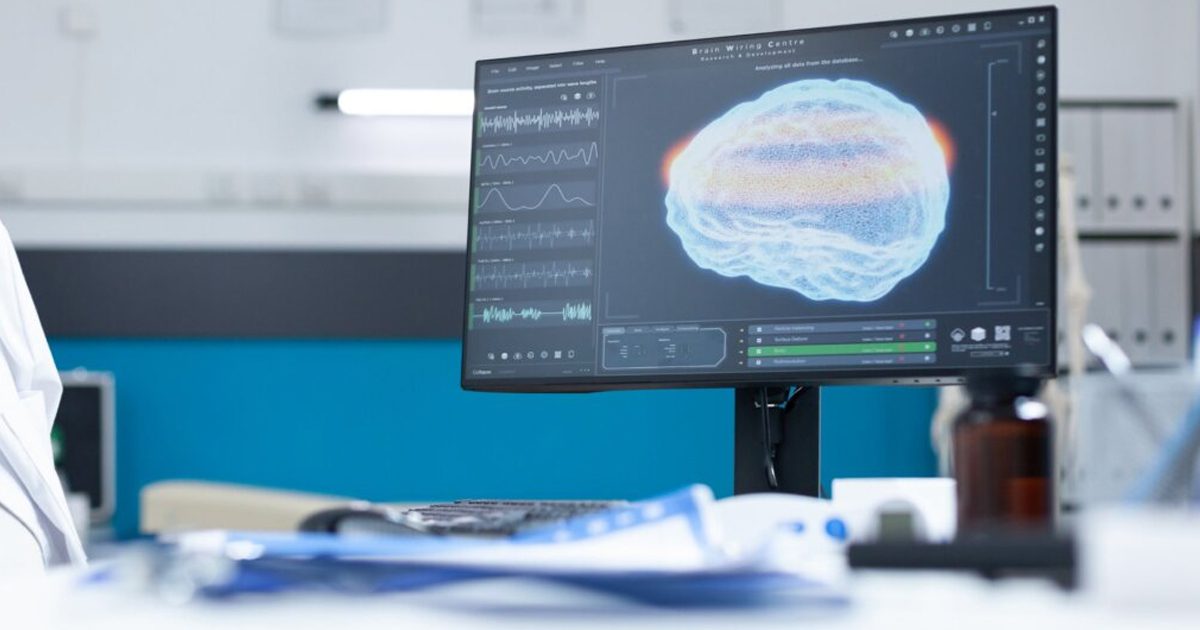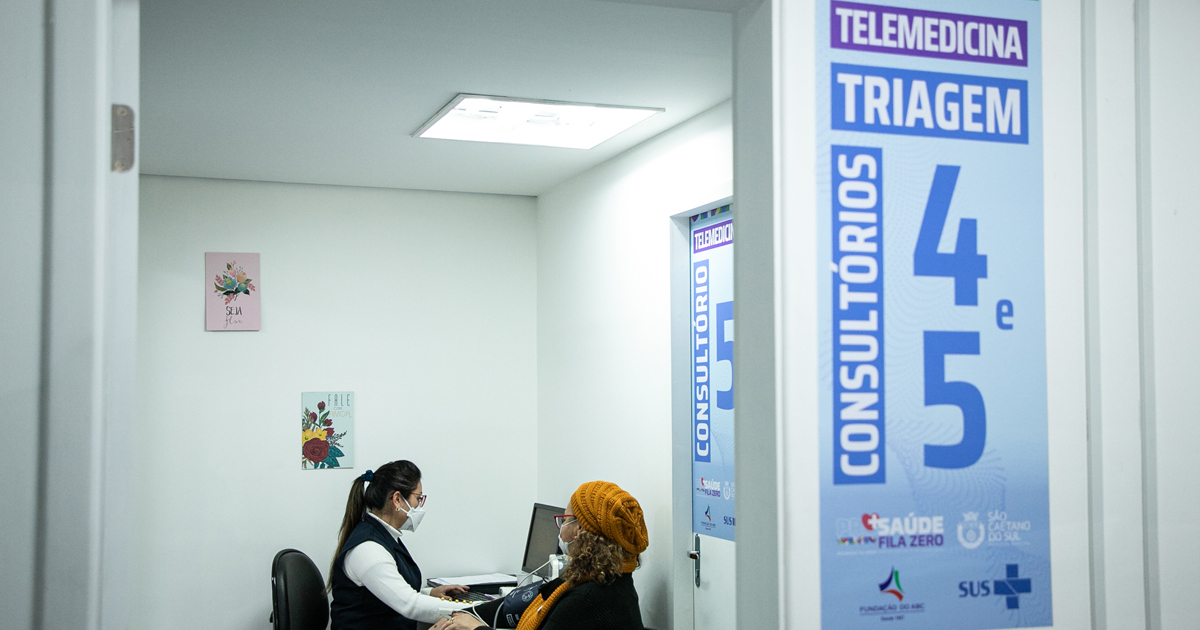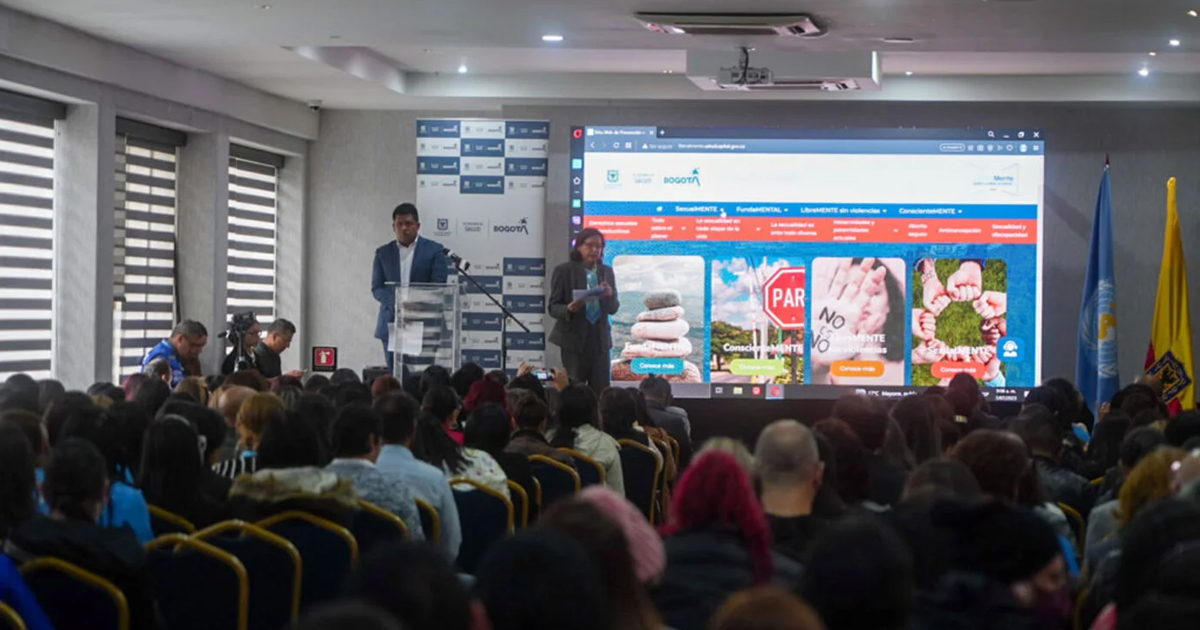The Lancet published a study in October that will appear in its December 2021 issue, it is a review of blockchain-based applications for healthcare in general and related to COVID-19.
Blockchain is an emerging digital technology with unique features such as decentralization and transparency. In health, it is possible to use blockchain for the management of electronic medical records, mobile health, among others. You can learn more by clicking here. Through blockchain, many technologies that are part of traditional database management systems could be replaced.
The Lancet published the review titled: Blockchain Applications in Healthcare for COVID-19 and Beyond: A Systematic Review. The objective of the research was to conduct a systematic review of the use of blockchain technology in healthcare, with identified use cases categorized specifically into COVID-19 related and non-COVID-19 related applications.
The review included publications with the following search criteria: original research articles, conference proceedings, or preprints proposing specific healthcare applications and technical design of blockchain with or without prototyping; in English exclusively; and published between January 1, 2016 and April 10, 2021. Although finally during the process the publication period was extended to include articles published until June 29, 2021.

The authors were able to identify relevant reports from MEDLINE, SpringerLink, Institute of Electrical and Electronics Engineers Xplore, ScienceDirect, arXiv, and Google Scholar. In total, they evaluated 85,375 articles with 415 complete reports, of which 37 were related to COVID-19 and 378 were not.
Most of these articles were published in engineering journals (257), and others were of an interdisciplinary (145) and medical (13) nature.
The applications related to COVID-19 were used for the control or surveillance of the pandemic, for the management of vaccination passports and contact tracing. On the other hand, apps not related to COVID-19 were used for electronic medical record management, remote monitoring or mobile health, and supply chain monitoring.
“The COVID-19 pandemic has potentially lowered barriers to entry for new and innovative digital technologies in healthcare by shifting mindsets in favor of such technologies. This change can be inferred from the increased number of COVID-19-specific blockchain applications evaluated in response to the global pandemic,” the authors conclude.
Regarding the present and future challenges of blockchain, they mention the following: "interoperability will be required through open standards such as Fast Healthcare interoperability resources", they also explain about cost deliberation and application efficiency. On the other hand, using blockchain is not guaranteed to eliminate risks related to data privacy, and finally there are concerns about governance.
To conclude, the authors explained the following "we believe that the literature evaluated in this systematic review represents a solid foundation for blockchain as an enabling platform for a broad spectrum of health care applications, both during and after the COVID-19 pandemic."






